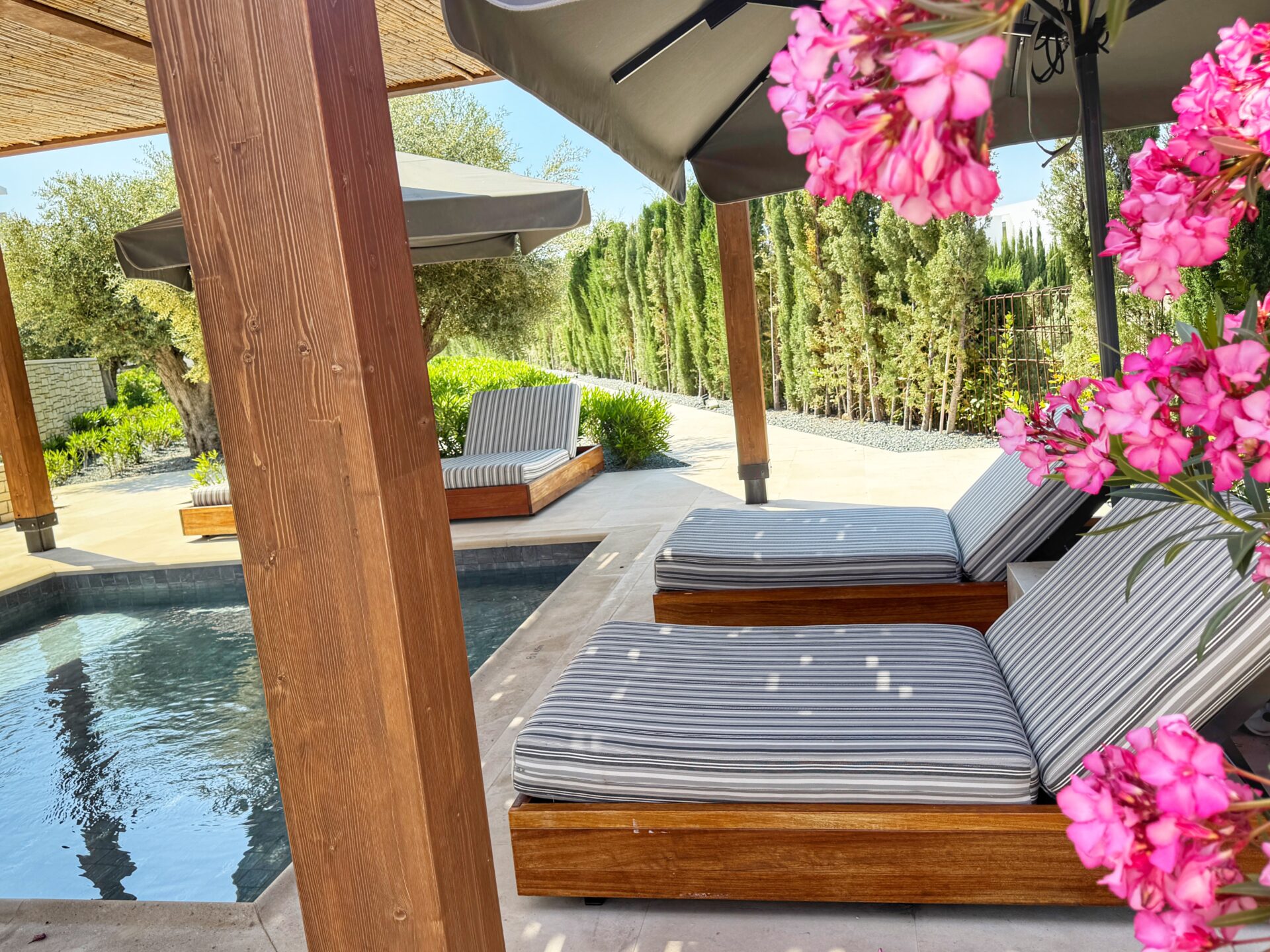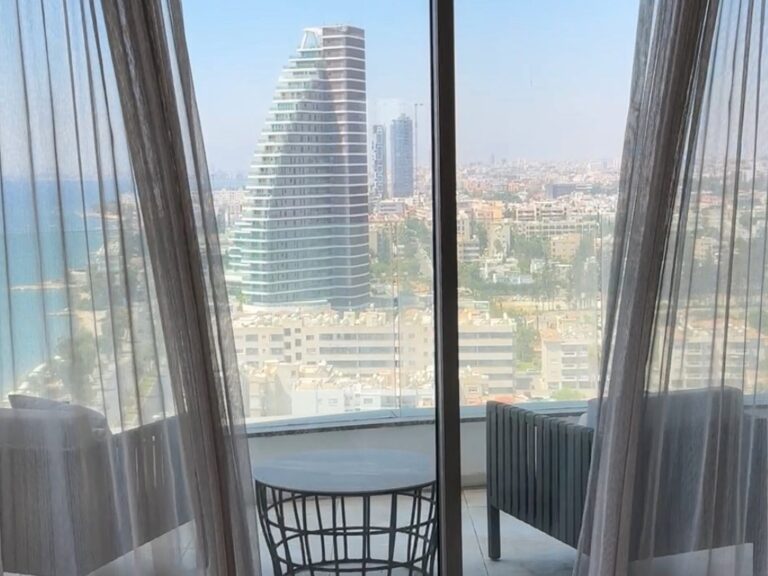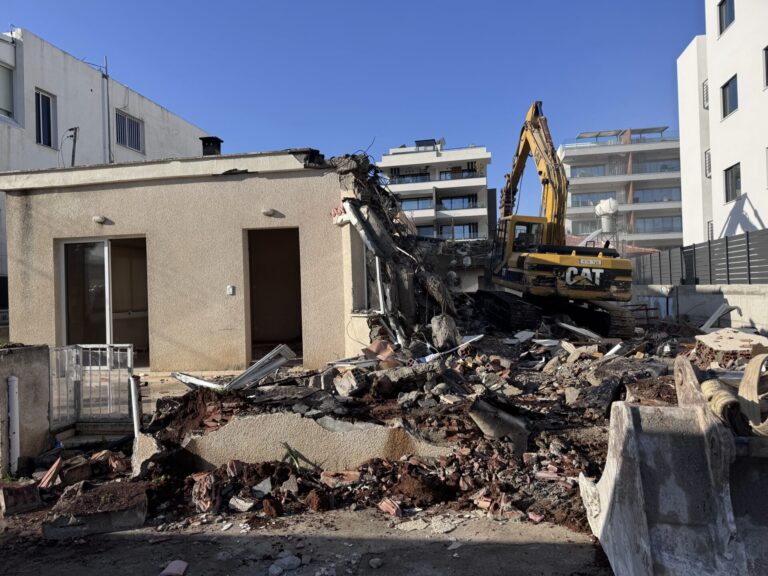New vs. Resale Property in Cyprus: Which is the Better Investment?
Real estate investment in Cyprus has become an increasingly popular option in recent years, both for investors and private buyers looking to reside on the island. Based on our experience in Limassol, we purchased two apartments—one as an investment and one for residential purposes. Both properties were second-hand and acquired at relatively low market prices, undergoing complete renovations. Thanks to the low purchase price, the return on investment was above average, with real estate yields in Cyprus generally ranging between 5% and 6%.
However, the Cypriot market is currently experiencing a significant construction boom, with a large number of new apartments under development. While many foreigners currently rent second-hand properties, in the near future (within two to three years), the high supply of new apartments may shift tenant preferences toward newer properties over older ones.
To help you understand the differences between purchasing a new property and buying a second-hand one, we outline the advantages and disadvantages of each option and highlight key factors to consider.
Buying a New Property
- Most projects are sold “off-plan” – This means the apartments are sold before construction is completed, sometimes even at very early planning stages.
- Gradual payments according to construction progress – Unlike second-hand properties, which require immediate payment, new projects require staged payments.
- VAT on property purchase – 19% – Buying a new property incurs VAT, significantly increasing the transaction cost.
- Importance of verifying the developer and contractor – Ensure they are reliable and have proven experience in similar projects.
- Assessing rental potential – New properties tend to be in higher demand, but it is essential to check whether the area is suitable for the target market.
- Title deeds take several years to obtain – Unlike second-hand properties with immediate title availability, new properties may experience significant delays.
- No bank guarantee, only a warning note in the land registry – Payments go directly to the contractor without a bank guarantee, requiring caution.
- No local financing available – Cypriot banks do not provide mortgages to foreigners, so buyers must secure financing in advance.
- Furniture and appliances must be purchased separately – Most new apartments come unfurnished, requiring an additional budget.
- Higher rental demand for new properties – The Cypriot market attracts foreign residents, making new apartments more desirable.
- Eligibility for permanent residency (PR) – Investors purchasing a new property over €300,000 may qualify for permanent residency.
- Stronger tenant profile – Tenants in new properties generally have higher financial stability, reducing rental risks.
Buying a Second-Hand Property
- Most properties were built before 2000 and are in central locations – Providing easy access to commercial areas and public services.
- Thorough infrastructure inspection required – Check plumbing, roofing, electrical systems, and building structure.
- Building management and maintenance considerations – Ensure there is an active building committee and evaluate common area maintenance.
- Potential for property value appreciation – Older buildings with improvement potential can increase in value after renovation.
- Evaluating neighbors and their willingness to invest in maintenance – Buildings where residents invest in upkeep tend to be more valuable in the long run.
- Lower taxation – Older properties generally have lower tax liabilities than new properties.
- Lower purchase prices compared to new properties – Making market entry more affordable.
- Higher return on investment (ROI) – Due to lower purchase costs and potential for value appreciation, investment returns can be higher.
- No eligibility for permanent residency (PR) – Unlike new properties over €300,000, second-hand properties do not qualify buyers for residency.
- Limited value appreciation potential – Older apartments do not always appreciate in value as much as new properties.
- Renovations often required – Many second-hand properties need additional investment for updates and upgrades.
- Purchase only with a clean title deed – Ensure the property has a clear title free of encumbrances.
- Immediate payment and contract signing – Unlike new projects with staged payments, second-hand property purchases require full payment upon key handover.
Conclusion
Purchasing a property in Cyprus is a strategic decision that should be carefully evaluated. A new property offers long-term appreciation potential, the possibility of obtaining residency, and a more financially stable tenant base. On the other hand, second-hand properties are usually more affordable, located in high-demand areas, and provide higher investment returns.
Each option has its advantages and disadvantages, so the final decision should be based on investment goals, budget, and risk tolerance.
If you are considering purchasing property in Cyprus, it is advisable to consult with real estate advisors, an experienced lawyer, and conduct thorough due diligence before making a decision.
Join my WhatsApp group for real estate investment and relocation insights in Cyprus!



